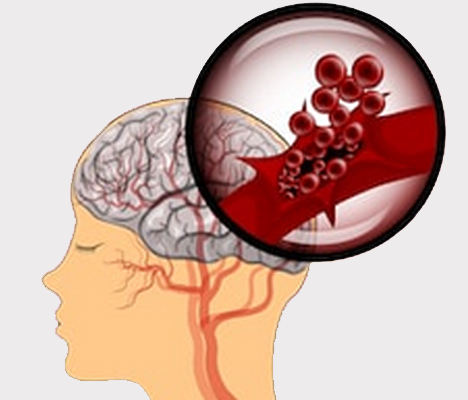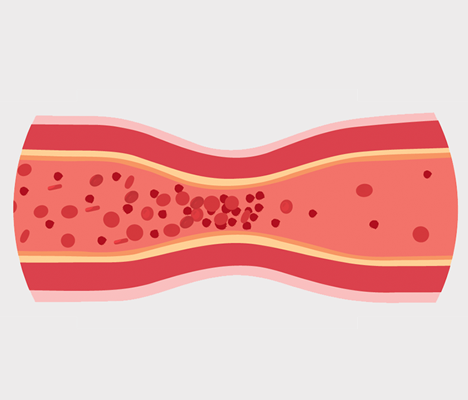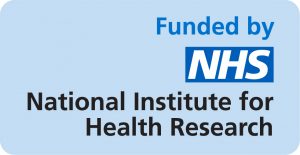The SC IL-1Ra in SAH study aims to test whether a drug called Kineret® can improve recovery following aSAH. This has the potential to make a profound difference to quality of life following haemorrhagic stroke.
What is the study about?
Inflammation occurs following brain injury. We know that inflammation is a key factor affecting recovery following aSAH; higher inflammation is known to worsen outcomes for patients.
Over the past decade, we have conducted various research studies which have found that inflammation is a promising target for therapy following aSAH, with the potential to greatly improve recovery if it is reduced.
We have found that a naturally-occurring protein found in the body, interleukin-1 receptor antagonist (IL-1Ra), blocks inflammation.
Kineret®, a synthetic form of IL-1Ra, is a drug that is in clinical use for a number of inflammatory conditions. We have conducted smaller studies looking at the efficacy of this drug in reducing inflammation and improving recovery after aSAH and have found that inflammation was reduced.
We are now testing this drug in 800 aSAH patients across the UK to collect valuable data about its effectiveness in improving recovery following aSAH. This study is funded by the NIHR.
What is an aSAH?
A subarachnoid haemorrhage is a bleed on the surface of the brain. An aneurysm is a bulge in one of the blood vessels in the brain, caused by a weakening of the blood vessel. This can burst and cause bleeding in the brain, known as an aneurysmal subarachnoid haemorrhage (aSAH).
What is Kineret®?
Kineret® is an approved drug prescribed to treat inflammatory conditions such as moderate to severe rheumatoid arthritis. It is a man-made form of the natural substance IL-1Ra, which is an anti-inflammatory protein.
What is a clinical trial?
A clinical trial is a research study which explores whether a medicine or device is safe and effective for humans. Clinical trials can also look at whether a certain treatment is effective and safe in a particular group of people.
Before a clinical trial occurs, there is a long and careful research process. Medicines or devices have often been tested in laboratories and in smaller groups of people before they go on to be tested in large populations.
Clinical trials can help to determine if a new strategy, treatment or device improves patient outcomes, offers no benefit or causes unexpected harm. They follow strict scientific and ethical standards.

Information for new patients
Download our Participant Information Sheet (PDF, 1.33MB), which tells you everything you need to know about what the trial involves
Can I take part in the trial?
Eligible participants must have had an SAH within the last 72 hours, be over 18 years of age, have no health problems that might interfere with their participation and be an inpatient in a hospital that is participating in this trial (see a list of participating sites).
If you believe that you or your relative might be eligible, please speak to your doctor who will be able to tell you if you are able to participate and will provide you with further information. If you have any general questions, please contact a member of the study team.
Approval and funding
NHS ethical approval was gained from the Health Research Authority (North West—Haydock Research Ethics Committee) on 3 November 2017 (IRAS Project Number: 214739).
Funding statement
This project is funded by the Efficacy and Mechanism Evaluation (EME) Programme*, an MRC and NIHR partnership.
*The EME Programme is funded by the MRC and NIHR, with contributions from the CSO in Scotland and NISCHR in Wales and the HSC R&D Division, Public Health Agency in Northern Ireland.
Disclaimer
The views expressed in this presentation are those of the author(s) and not necessarily those of the MRC, NHS, NIHR or the Department of Health.


Clinicaltrials.gov (NCT03249207) and ISRCTN (12961797)
Visit the University of Manchester Stroke website
